Practice, technology and business engagement
Implementing the policy of Resolution 71/NQ-TW of the Politburo with the goal of modernizing higher education, Gia Dinh University (HCMC) has taken many new steps to affirm its training advantages closely linked to practice.
Associate Professor, Dr. Thai Ba Can, Principal of the school, said that the school has completed quality accreditation for many training majors and is currently implementing accreditation of educational institutions according to international standards. This is a step to ensure prestige, as well as affirm commitment to learners and society.
The highlight of the training program at Gia Dinh University is the focus on practice and experimentation. The school has included the introductory courses on Digital Technology and Artificial Intelligence (AI) in the program for all students, and integrated AI applications in each training field.
“We want students to be able to confidently enter the working world after graduation, with both theoretical knowledge and solid practical skills,” Mr. Can emphasized.
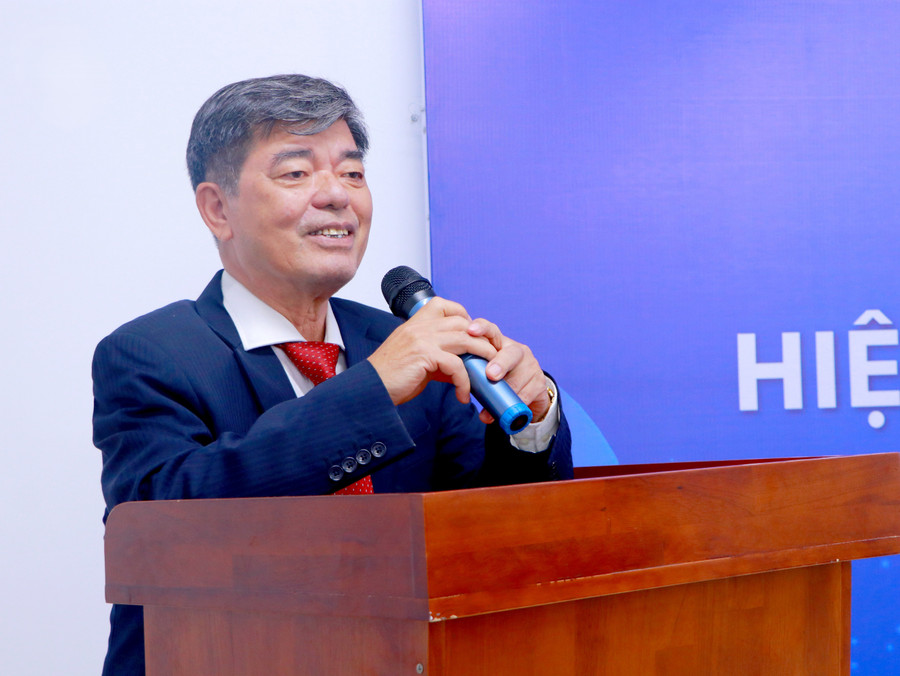
In addition, the school also develops training majors associated with technology, digital transformation, and AI.
For example, in the health sciences sector, the school pays special attention to AI applications because in the near future, AI and digital technologies will be popular in medicine and healthcare.
Equipping students with this knowledge now is a necessary preparation step, so that when they graduate, they can keep up with changes and meet practical requirements.
Gia Dinh University has established a Center for Technology and Digital Transformation, building a 3-5 year roadmap to turn the school into a smart university.
Along with technology, the school attaches importance to connecting with businesses. From program design, teaching to internships, the school cooperates closely with partners. Thanks to that, students have many opportunities to be exposed to real environments, thereby improving their professional skills, practical knowledge and confidently entering the labor market.
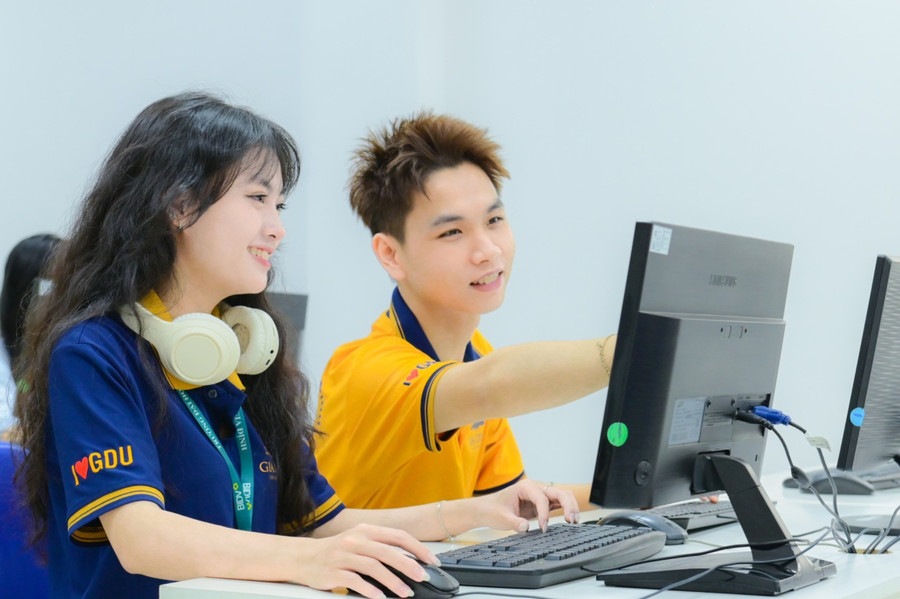
Autonomy, innovation and entrepreneurship
In the spirit of Resolution 71, one of the key tasks of higher education is to enhance autonomy, develop the teaching staff and build universities into centers of knowledge and innovation.
Principal Thai Ba Can acknowledged that this is the right direction, but to implement it, many legal "bottlenecks" need to be removed. "We talk about comprehensive autonomy for universities, but in reality, decentralization is still selective: strong schools are given more, weak schools are given less. That makes autonomy not yet a true legal right," he analyzed.
In addition, although the legal corridor on finance and expertise has become more open, it still needs to be improved so that schools can operate flexibly and effectively.
Associate Professor Dr. Thai Ba Can also emphasized that the key factor to successfully implement Resolution 71 is to improve the quality of human resources. "Autonomy is important, but more important is a team of managers, lecturers and scientists strong enough to lead the development. Without high-quality human resources, autonomy will be difficult to be effective," he affirmed.
By 2035, the university system must become the center of knowledge and innovation of the country. For Gia Dinh University, this goal is realized through the construction of key industries applying AI, establishing a research center and transferring artificial intelligence products for practical application.
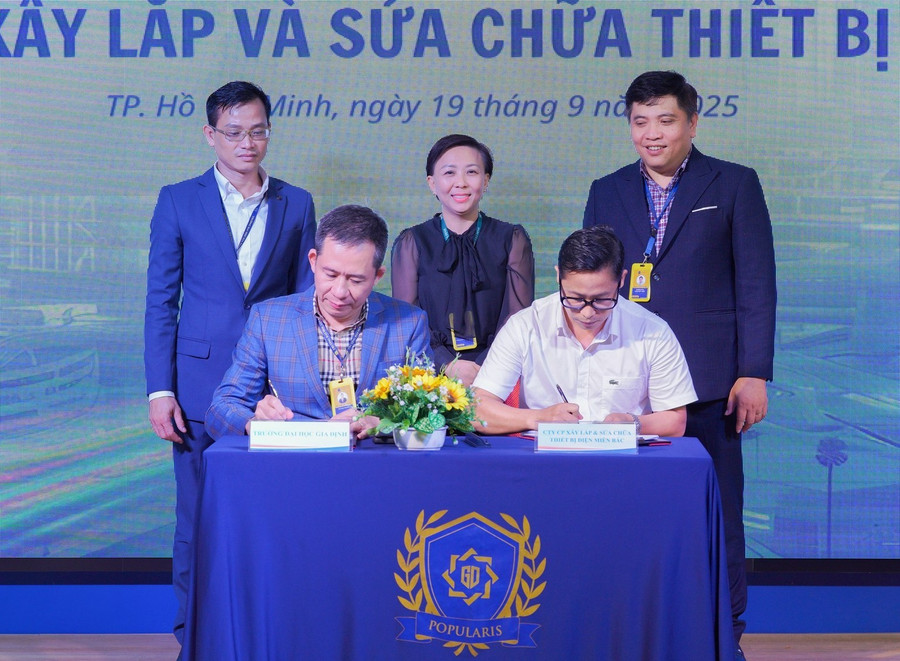
The school also focuses on entrepreneurship as a pillar alongside professional training. "In the new era, students not only look for jobs but also need the ability to create jobs for others. Therefore, we put entrepreneurship training in parallel with professional training, so that students with ideas and abilities can become future bosses," said the Principal of Gia Dinh University.
He also frankly acknowledged the limitations of Vietnamese universities in innovation, especially in terms of invention and scientific application.
In the world, 50-60 years ago, the creative science industry was formed, studying thinking methods to create new products. In Vietnam, this field has not been focused on; previously, only a few training institutions taught the subject of Scientific and Technical Creative Methodology, but it was not widely popularized. Therefore, many students upon graduation still consider invention or creativity as someone else's job, not linked to their own responsibility.
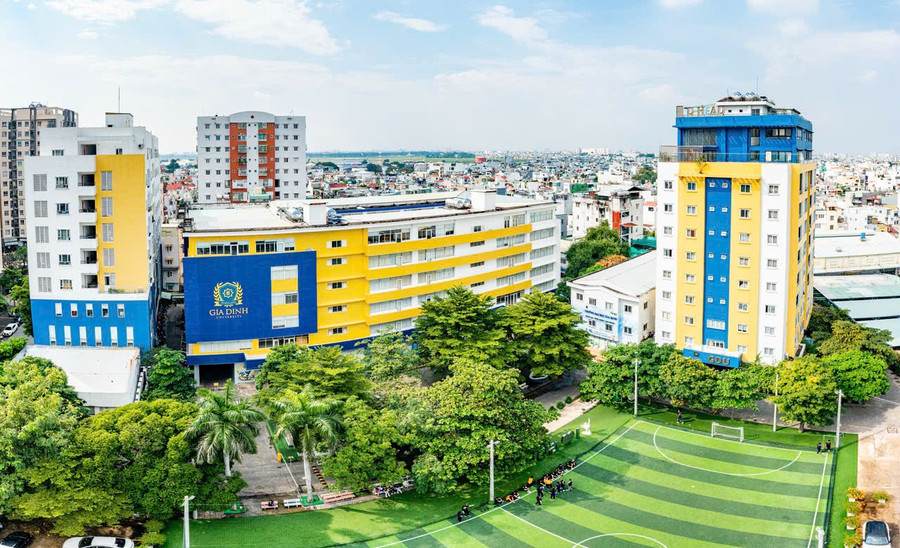
"In fact, invention is an important way to put scientific advances into application, but Vietnam's international patent rate is still very low, which is a major limitation in the picture of innovation. We are studying to bring the subject of scientific and technical innovation methodology back into the program, in order to arouse the spirit of innovation in students," he said.
According to Associate Professor Dr. Thai Ba Can, to achieve the expectations set by Resolution 71, universities need to simultaneously develop internal capacity, take advantage of favorable policy mechanisms and constantly innovate.
These steps not only help improve training quality but also contribute to bringing Vietnamese higher education closer to the goal of becoming a national center of knowledge and innovation.
"If we can do that, we will have a generation of students who are not only good at knowledge and skills but also have creative aspirations, are ready to integrate and lead the country's development," he said.
Source: https://giaoducthoidai.vn/nghi-quyet-71-nqtw-thap-lua-khat-vong-doi-moi-sang-tao-post749695.html



![[Photo] National Assembly Chairman Tran Thanh Man attends the VinFuture 2025 Award Ceremony](/_next/image?url=https%3A%2F%2Fvphoto.vietnam.vn%2Fthumb%2F1200x675%2Fvietnam%2Fresource%2FIMAGE%2F2025%2F12%2F05%2F1764951162416_2628509768338816493-6995-jpg.webp&w=3840&q=75)



![[Photo] 60th Anniversary of the Founding of the Vietnam Association of Photographic Artists](/_next/image?url=https%3A%2F%2Fvphoto.vietnam.vn%2Fthumb%2F1200x675%2Fvietnam%2Fresource%2FIMAGE%2F2025%2F12%2F05%2F1764935864512_a1-bnd-0841-9740-jpg.webp&w=3840&q=75)
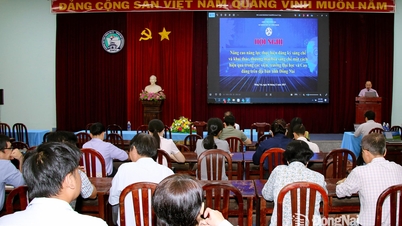

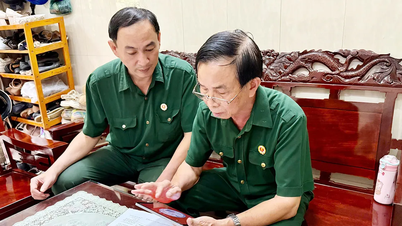





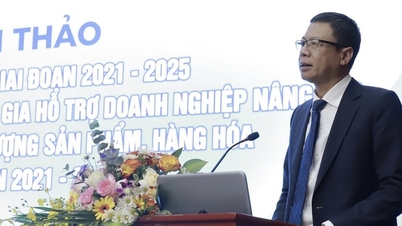

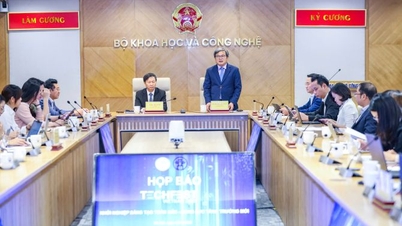

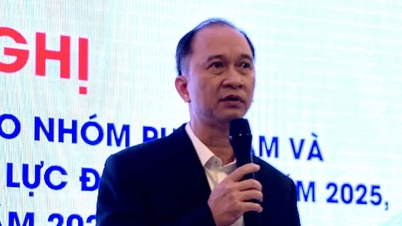

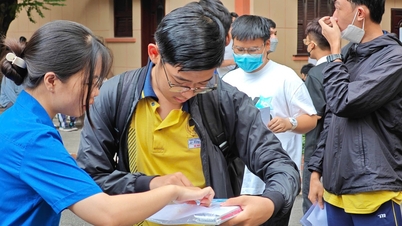

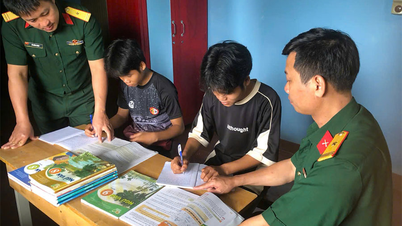

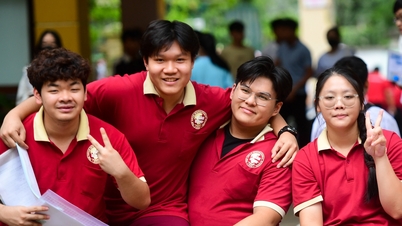

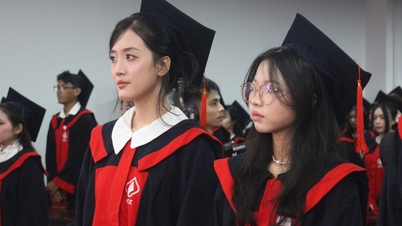





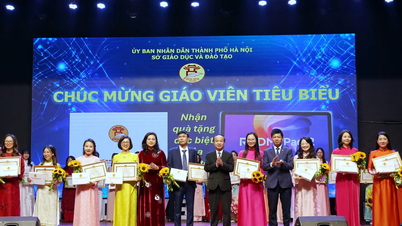
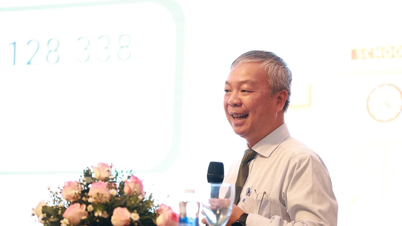


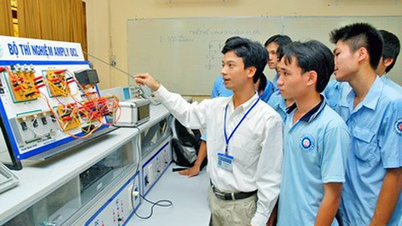
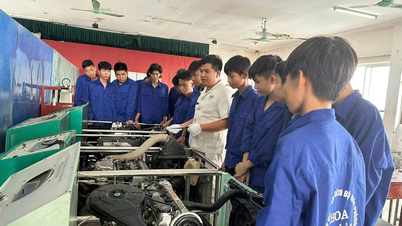









































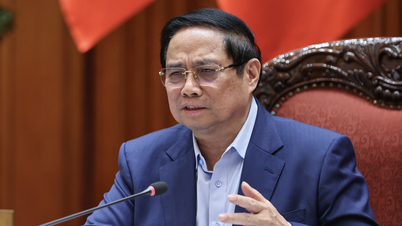





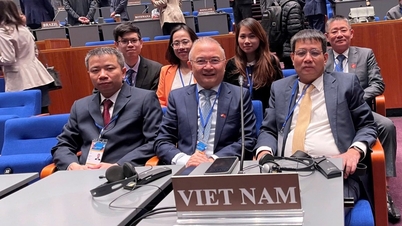
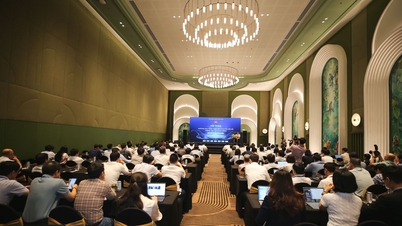

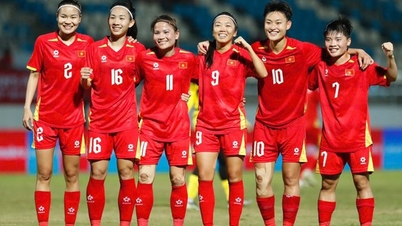
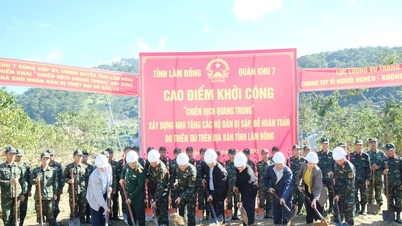


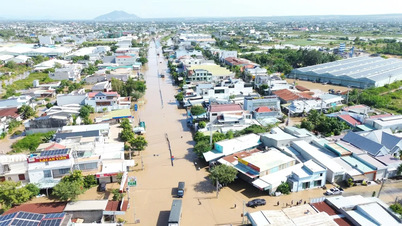
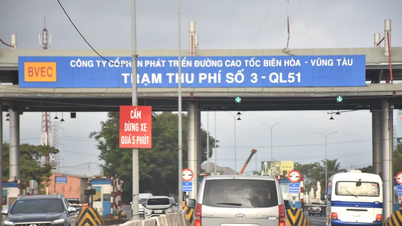
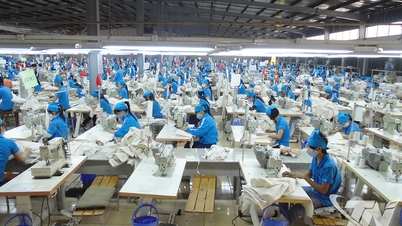

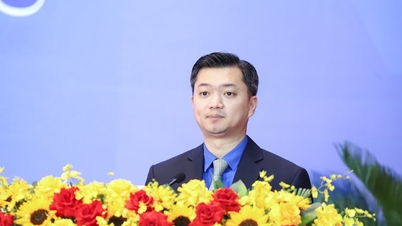











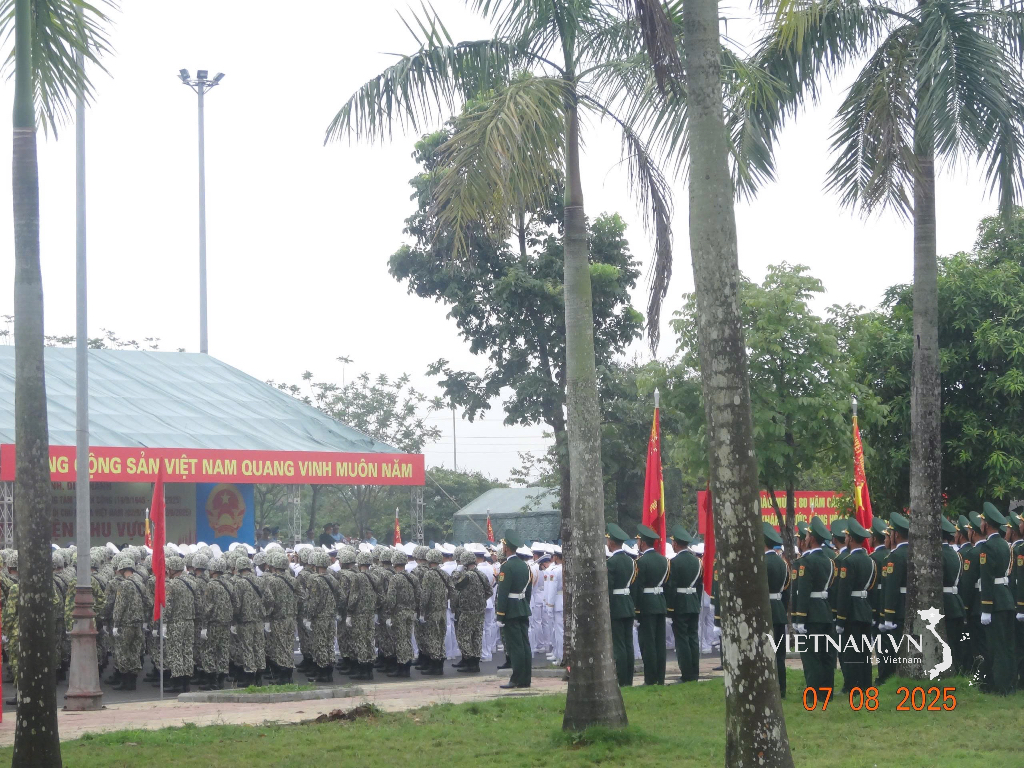






Comment (0)